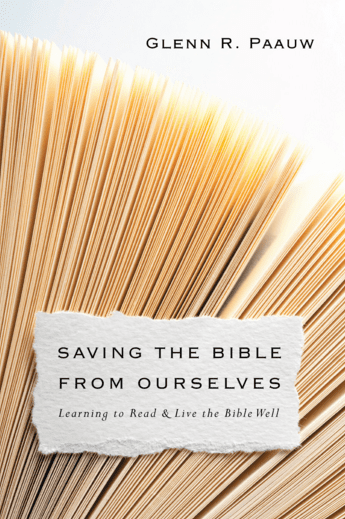I’ve never taught Leviticus when students weren’t at least curious about the Old Testament food laws? The big questions are “Why?” or “What’s this stuff about?” Paul Copan, in Is God a Moral Monster?: Making Sense of the Old Testament God, examines food laws.
Do you observe the food laws of the Old Testament? Do you eat pork? shellfish? any meat cooked in milk or a milky gravy? Any kind of sauce on pasta (with meat) that has milk in the sauce?
Why do you or why do you not?[Tell us what comes to mind first.]
Are the food laws “for us”? [Tell us what you think.]
And, what can we learn from this stuff? [Again.]
Copan’s approach begins with two views that are denied as the reasons for what the food laws are designed to accomplish.
First, the food laws are not about health or hygiene. There is no sign at all of health concerns, and if there are health concerns, then Jesus shouldn’t have made all food clean in Mark 7:19.
Second, the food laws are not about separation from other religions — the evidence isn’t clear enough to say that. And there are too many parallel customs between the laws of Israel and other religions.So how do we explain these things? Copan appears to me to mix views in his reading. He sees two factors at work:
First, he sees creation establishing a pure orderly system and food stuffs that derive from unorderly animals are not clean. That is, taxonomic irregularities are unclean. Animals that are in the waters are to have fins and scales — that’s the pure order — and animals that don’t have such are not clean.
But, second, Copan also appeals to death and life. I don’t think this explanation works for all concerns, but it does for many: predatory birds and carnivores and animals that are vulnerable to the predatory system are unclean. OK, death and life — yes, that’s a big concern.
Then we deal with blood and semen, both of which are powerful symbols of life. Here’s where I would differ: semen outside the body or blood outside the body are connected by Copan to death while I would say they are “unordered.” That is, blood belongs in the body and semen does too (or in its proper receptacle). Even then sexual intercourse renders a person unclean until they can wash and wait for daybreak. (Hence the later rabbinic ruling to have sex later in the night.) So, when either of these body fluids gets outside its domain it renders a person unclean.
However we explain these — order or connection to death — the issue really at work is:
Why? Copan connects this to the ordered holy existence of the People of God. As God is pure and unmixed so God expects his people to be ordered and unmixed.
Again, what we can we learn from this?
And what does Jesus’ statement about declaring all foods clean (Mark 7:19) or Peter’s statement that the not even Jews could carry the load of the laws (Acts 15:10) say about all this for Christians today?












